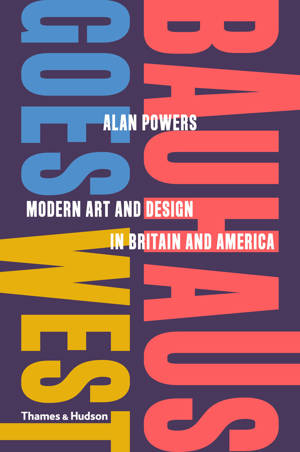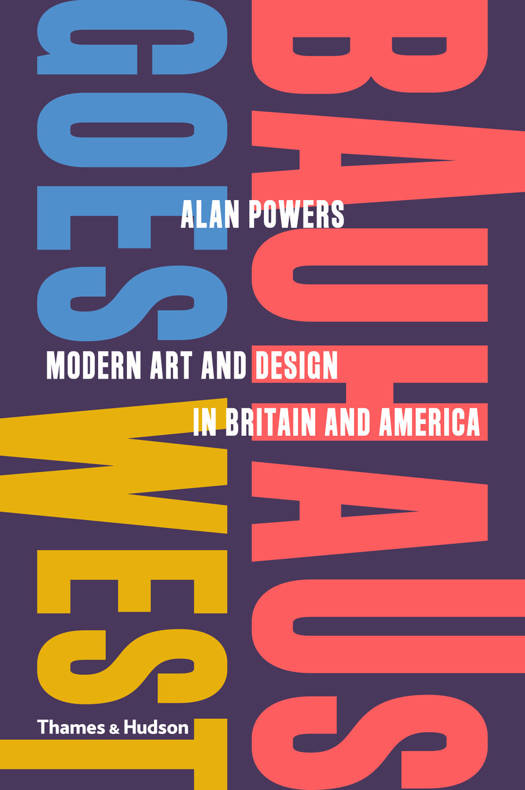
- Afhalen na 1 uur in een winkel met voorraad
- Gratis thuislevering in België vanaf € 30
- Ruim aanbod met 7 miljoen producten
- Afhalen na 1 uur in een winkel met voorraad
- Gratis thuislevering in België vanaf € 30
- Ruim aanbod met 7 miljoen producten
Omschrijving
Bauhaus Goes West is the story of cultural and artistic exchange between Germany and the West over a period of seventy years. It presents a view of the influential Bauhaus school in relation to the wider modernist period, distinguishing between the received idea of the Bauhaus and the documented reality. Initially, the Bauhaus was seen as an educational experiment, only later was it recognized as a style and a movement.
Working from meticulous research, Alan Powers reexamines speculations about the reception and understanding of individuals connected with the Bauhaus school and what they ultimately achieved.
Looking in greater detail at the theory and practice of art, design, and architecture between the arts and crafts movement and modernism, this book challenges the assumption that the 1920s represented a void of reactionary conservatism. Bauhaus Goes West offers an opportunity to recover some of the overlooked aspects of avant-garde that ran parallel with the work of the Bauhaus, such as the film-making of Francis Brugui re and Len Lye, and the development of art instruction for children under Marion Richardson and the London County Council.
Specificaties
Betrokkenen
- Auteur(s):
- Uitgeverij:
Inhoud
- Aantal bladzijden:
- 256
- Taal:
- Engels
- Geïllustreerd:
- Ja
Eigenschappen
- Productcode (EAN):
- 9780500519929
- Verschijningsdatum:
- 23/04/2019
- Uitvoering:
- Hardcover
- Formaat:
- Genaaid
- Afmetingen:
- 165 mm x 249 mm
- Gewicht:
- 884 g

Alleen bij Standaard Boekhandel
Beoordelingen
We publiceren alleen reviews die voldoen aan de voorwaarden voor reviews. Bekijk onze voorwaarden voor reviews.











